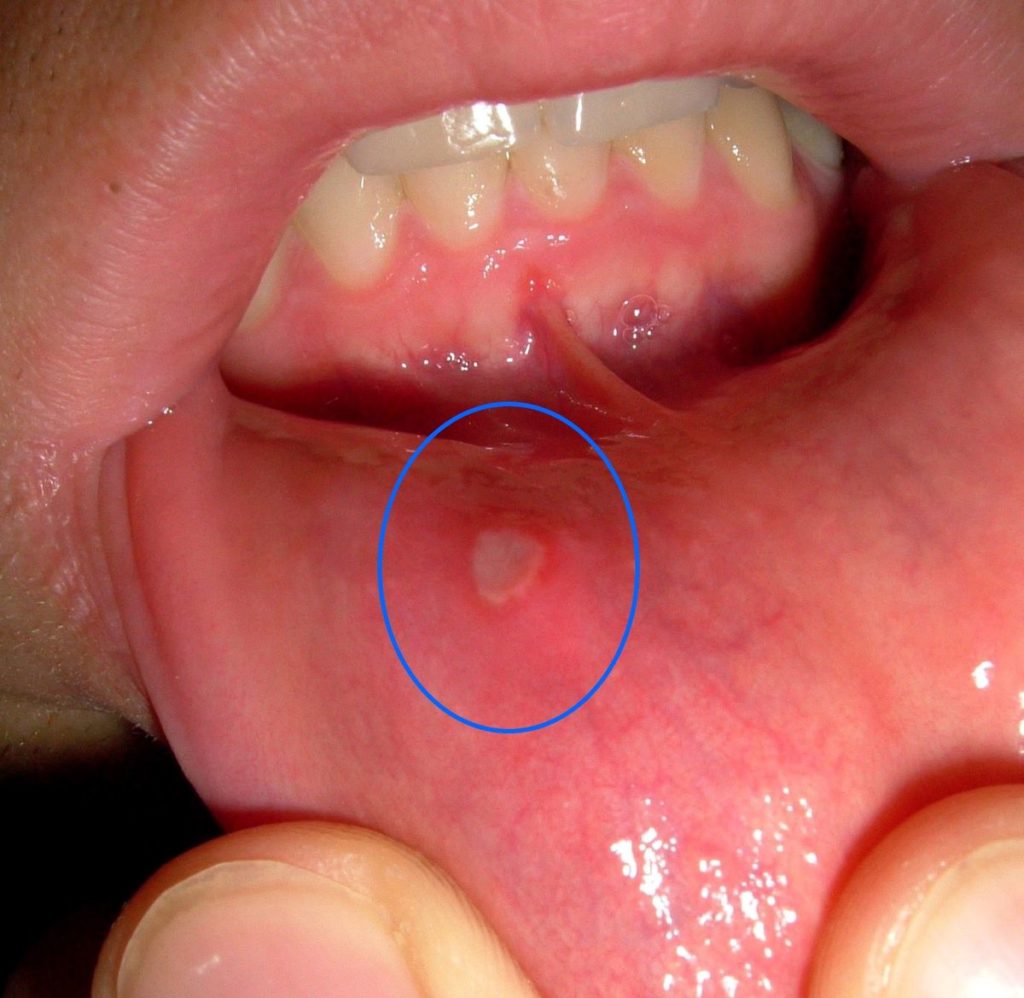People with dental woes rely on dental professionals to receive proper treatment and experience comfort and peace of mind. From tooth cleaning and tooth extraction and oral surgery to dental braces, oral care treatments come into different types and procedures. While these procedures can solve almost every dental problem, the journey towards getting a perfect set of teeth isn’t always a pain-free one.
One example is wearing dental braces. Kids and adults who experienced wearing them also have a fair share of concerns. Besides the pain and inconvenience every time the dentist tightens the braces, there are also maintenance concerns, such as mouth ulcers.
Mouth ulcers are one of the worst things to happen for braces wearers. They develop because of the continuous rubbing from the metal components of braces against gums or more delicate parts of the mouth. These sores can be quite painful, which can affect the way you speak and chew your meals. Whether you’re planning to wear braces soon or suffering from a mouth ulcer, it’s important to know what causes it and what you can do to prevent and treat it.
Common causes of mouth ulcers
The dental community hasn’t completely understood the exact cause of mouth ulcers. But many common triggers lead to the formation of mouth sores or ulcers, particularly among people wearing metal braces.
Mouth ulcers are usually round and swollen and can be white, yellow, gray, or red. They tend to be small but grow even larger once the infection worsens. A normal mouth ulcer is short-lived and resolves quickly after a few days or a week but can take even longer if left untreated.
The first time you wear braces, mouth ulcers emerge because of the irritation and friction of your metal braces rubbing against the tender parts of your mouth, such as the gums and the inside of your cheeks and lips. Sometimes, even minor irritations can quickly turn into mouth ulcers overnight. But as your mouth learns to adjust to wearing braces, sores will happen less frequently, except during major brace adjustments.
Besides the friction caused by braces, abrasions or small cuts can also cause mouth ulcers, especially when an object accidentally hits your cheeks, causing the inside of your mouth to hit the mental component of the braces, which leads to tissue damage and bleeding. Injury or accidents aren’t the only cause of these cuts; the type of food you consume can also be the cause. Food that is abrasive and difficult to chew can lead to irritation and mouth sores.
Other causes of mouth ulcers include stress, hormonal changes, sensitivity to acidic food, and lack of vitamins and minerals, such as vitamin B12.

How to prevent mouth ulcers
Your dentist should include an orthodontic wax or a brace relief wax in your brace care pack following the brace fitting or adjustment. Once you notice a slight soreness from metal brackets rubbing on your cheeks or lips, make sure to get your wax ready.
When applying, dry the area first, then take a small amount of wax. Carefully cover the bracket with the wax to prevent friction and further discomfort. This will also reduce the likelihood of the ulcer developing since it will no longer come into contact with the bracket. Orthodontic wax doesn’t contain non-toxic substances, so don’t panic in case you swallow it.
If the above suggestions don’t work, it’s best to speak to your dentist to know the root cause of the issue. Sometimes, a sore spot or mouth ulcer emerges because of unexpected breakage on the brace, or the orthodontist forgets to trim the excess wire at the rear end of the brace. If this happens, don’t cut the wire by yourself; instead, let the dentist do it to ensure proper handling.
If you can’t wait for the next appointment, there are plenty of over-the-counter treatments to help ease the mouth ulcer. These products come in the form of sprays, liquids, gels, and mouthwash. If you’re strapped for cash, rinse warm salty water on your mouth to dry and disinfect the bacteria. At the same time, make sure to avoid spicy and acidic food since it can ultimately worsen an ulcer.
The bottom line
Wearing dental braces comes with certain side effects, such as pain and some minor inconveniences, but the results are definitely worth it. Maintaining good oral hygiene is your best defense against mouth ulcers and other dental issues. So if you want to enjoy meaningful teeth straightening journey, make sure to follow the tips above.

